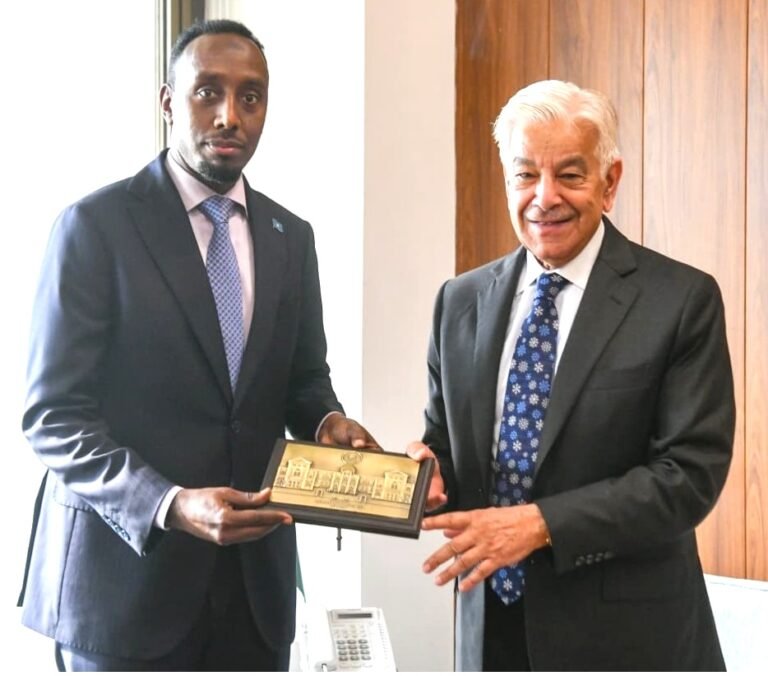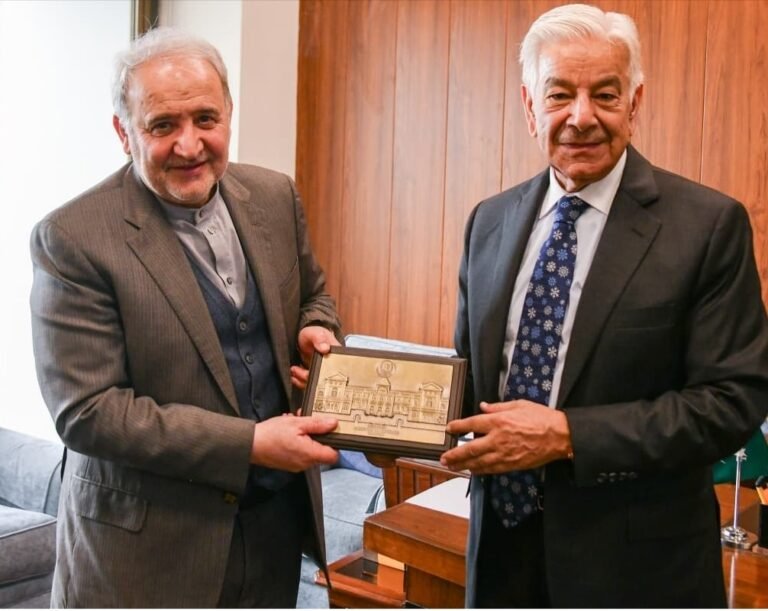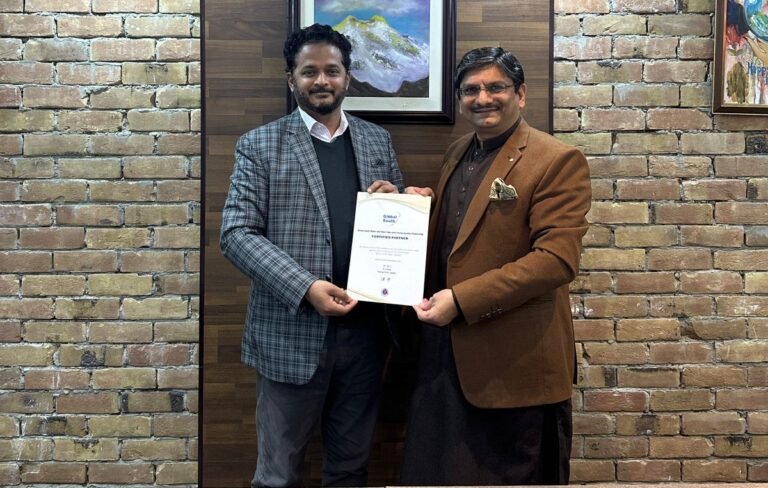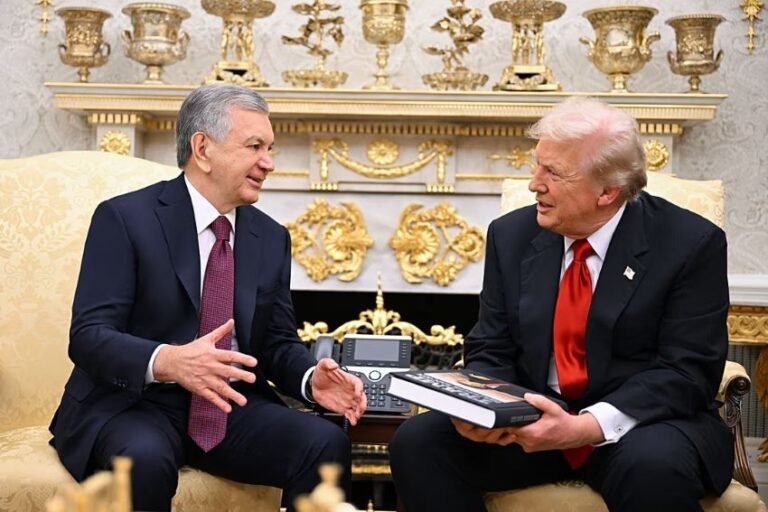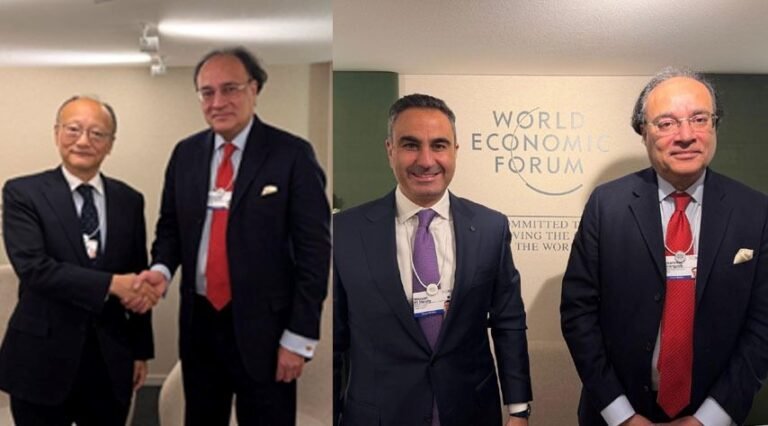Brussels, 9 December 2021 (TDI): Jens Stoltenberg, the NATO Secretary-General, will visit Paris, France on the 10th of December 2021.
During his visit, Jens Stoltenberg will meet with France’s Minister for Europe and Foreign Affairs, Jean-Yves Le Drian, and with the

NATO-France
In 1966, Charles de Gaulle, French President, withdrew from NATO’s integrated military command structure. He ordered quit French territory from all military headquarters and installations, which are not under French command, by 1967.
France endured an active member of the Alliance itself and NATO allies could consider them during crisis and war. French militants were no more part of headquarters in the NATO command structure and French units. However, they continued to operate at NATO’s political headquarters and exercised secret arrangements for cooperation with NATO in wartime.
In the 1990s, NATO set about peacekeeping operations in the Balkans. The body, NATO Military Committee, was making key decisions regarding peacekeeping operations and France recommenced its participation.
In 2004, France assigned personnel to the permanent staff of SHAPE and its subordinate headquarters. Hence, in 2009, France officially became a part of NATO’s integrated military command structure once again.
France’s involvement in NATO’s deterrence and collective defence mission
Collective defence is the primary aim of NATO, which is the Alliance’s primary responsibility. NATO takes the deterrence and defence measures against any threat and aggression and against any emerging security challenge.
France played an active role in strengthening the Alliance’s deterrence and defence posture. France contributes to reassurance measures in air policing and intelligence gathering missions and participation in NATO exercises.
Balanced sharing of responsibilities
France plays a driving role in mobilizing and empowering the European States in the fields of security and defence. The recent European initiatives in this field fully complement NATO’s action. Therefore, it helps Europeans to invest more in their defence tools and be more effective and proactive from a military perspective.



